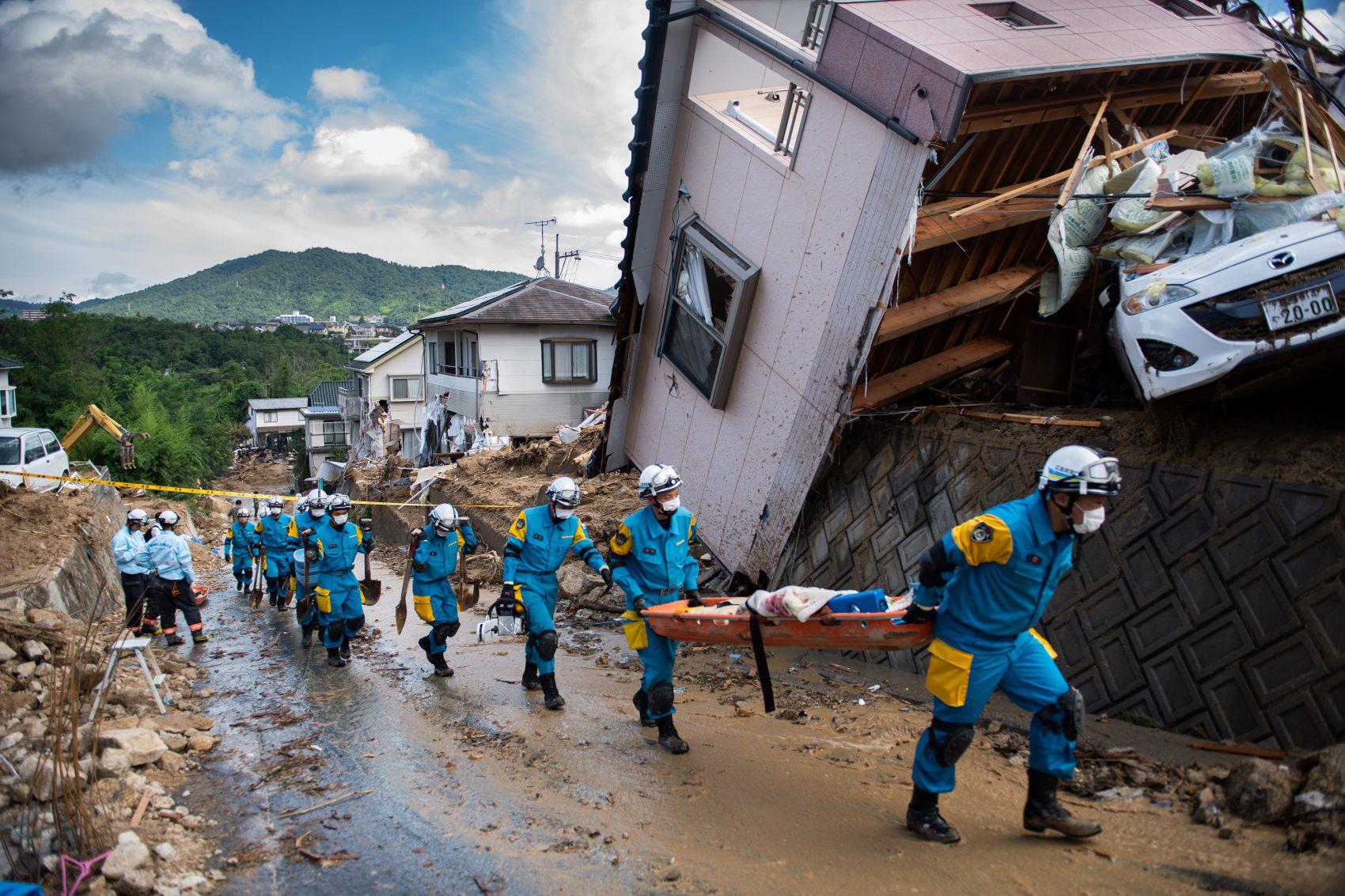Why Audiences Latch Onto Some Disaster Stories And Quickly Forget Others
The Thai cave rescue captivated audiences for weeks. But other concurrent disasters, like flooding in Japan, received less attention.
Jul 13, 2018
3 minutes

After days of breathless waiting, people around the world watched as 12 boys and their soccer coach trapped in a flooded cave in Thailand were rescued by military divers.
The story captivated audiences for weeks. But other concurrent disasters, like deadly flooding in Japan and the wreck of a tourist boat off the Thai coast, received less attention.
Here & Now‘s Robin Young talks with Christine Muller, assistant professor of American studies at Wilkes University in Pennsylvania, about why some stories seem grab audiences more than others.
Interview Highlights
On what
You’re reading a preview, subscribe to read more.
Start your free 30 days

